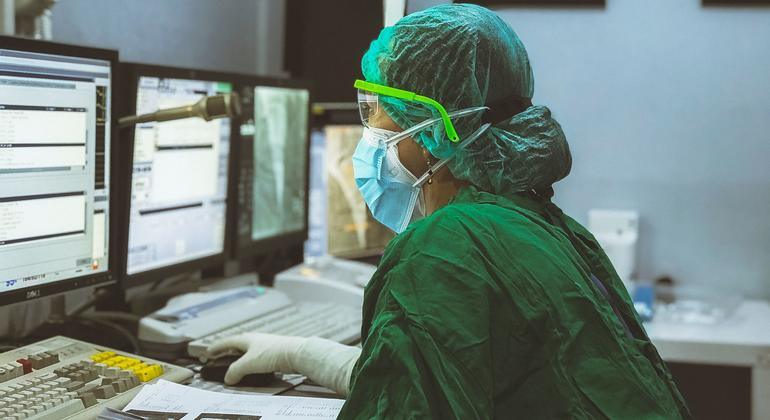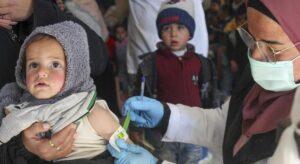The world remains dangerously unprepared for the next pandemic, despite the heartbreaking lessons of COVID-19, Mr. Guterres warned.
“COVID-19 has been a wake-up call for the world,” he said, reflecting on the devastating human, economic and social toll of the pandemic.
“The crisis may be over, but a hard lesson remains: the world is unfortunately not prepared for the next pandemic,” he stressed.
Resilient systems and equitable access
With recent outbreaks of pox, cholera, polio and Marburg virus a stark reminder of ongoing threats, the Secretary-General has highlighted the need for stronger and more inclusive health systems.
He highlighted the need to boldly invest in pandemic surveillance, detection and response, alongside universal health coverage, as essential pillars of preparedness.
He said equitable access to vaccines, treatments and diagnostics is a moral imperative, highlighting lessons learned during the COVID-19 pandemic, when disparities in access to health care were stark.
A global approach to prevention
The Secretary-General also highlighted the importance of the Pandemic Preparedness and Response Agreement, currently the subject of intergovernmental negotiations, to ensure the world works better together to prevent and contain future pandemics. .
“Today and every day, let us commit to working together for a safer and healthier world for everyone, everywhere,” he said.
The World Health Organization (WHO) reiterated this message, highlighting its continued collaboration with governments to strengthen emergency and epidemic preparedness systems.
In a statement, the UN health agency highlighted the importance of the One Health approach, which integrates the human, animal and environmental health sectors to mitigate epidemic risks.




